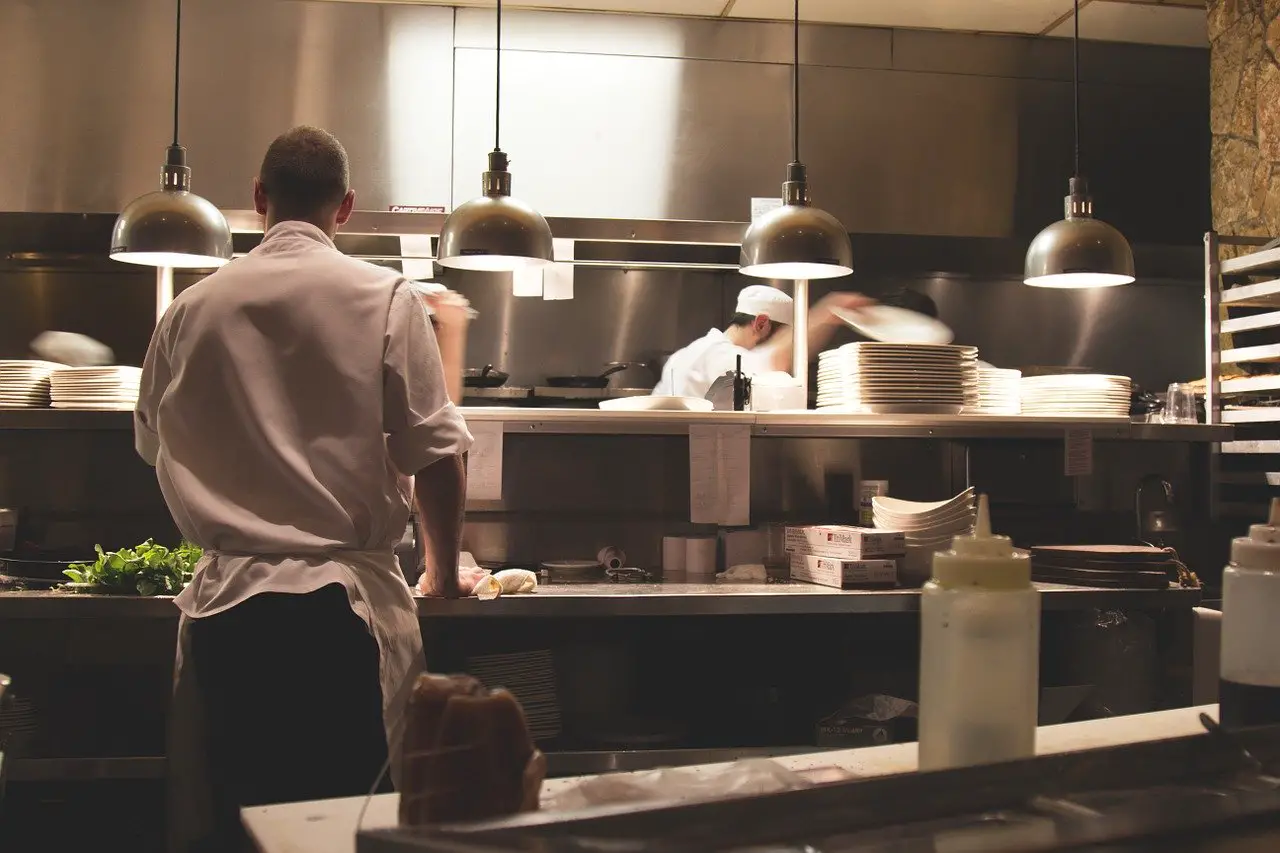Starting a restaurant – what should you think about?
Many people dream of starting their own restaurant, but it can be overwhelming too. Where to start? Menu, service and a functional kitchen are obvious points on the list, but good food does not guarantee success. Local, location, parking and many other things come into play. We’ve put together some important points to think about that can help you along the way.
The menu and the quality of the food affect both costs and the number of visitors, but the location can be just as important. If you are serving lunch, it is a good idea to be near large workplaces. If your intended location is in the middle of the city, close to bus lines and other public transport, parking may play less of an importance. If you are outside the city center, parking is very important. Whether you count on municipal parking spaces or if you have your own, the design is important. It must be easily accessible, large enough and conveniently close to the restaurant to encourage customers to come to you instead of going to a competitor.
Many people dream of a restaurant in the countryside, and premises in the countryside are considerably cheaper than in the inner city, but think before you invest. Can you establish a good enough reputation to motivate people to go to you? Do you have something so special that your customers come back regularly?
It is easy to underestimate how much space a restaurant needs. An empty room looks huge but is quickly filled with equipment and tables. Be vigilant when you see a local in a drawing; it can be difficult to estimate how much really fits. Even if you start a small cafe, you need space for kitchen equipment, storage, refrigerator and freezer as well as a desk for office jobs. If you are starting a larger restaurant, it may make sense to have a bar where guests can wait for vacant tables.
Once you find a room that seems perfect, it is easy to be swept away by the landlord’s enthusiasm. They want to rent out and from their point of view is faster better. Be patient and pass many times at different times and on weekdays. Are there a lot of people nearby during the weekdays, but none at weekends? Many pass by at lunchtime, but the street is completely dead in the evenings and weekends?
It is also important to look at the neighborhood as a whole. Are there many other restaurants? Do they serve the same type of food you want to offer? Is the neighborhood lively with well-visited stores or gaping shop windows empty? Starting a successful restaurant in a lively neighborhood is easier than luring customers to an empty street.
Think about safety
It may seem very sad to think of security when itching your fingers to get started, but in the long run, you win by checking security aspects before signing a contract.
Is there more than one output? Is there a fire alarm? Sprinklers? Are electrical wiring and other electrical equipment modern?
Check regulations for your business
Do you need a wheelchair ramp, disabled doors, handicapped accessible toilets and the like? If the necessary equipment is not already available, make a clear list of what is needed and go through everything with the landlord. You do not want to end up in a situation where you need to make changes and the landlord says no. If you address these points before signing a contract, you have an advantage in the negotiations.
Discuss the rent and what is included
How long is the rental period? Leases for a business premises often last for many years. If you have signed a contract for ten years, you can pay rent for ten years whether the restaurant is good or not. There are, of course, the benefits of long-term contracts – you as a restaurant owner have the protection of knowing that you have your premises. However, it may be wise to wait for a longer contract until you know that the location is right for you and that the restaurant is doing well.
Other important things to check are if any maintenance is included. Who is responsible for mowing and clearing snow? Is the rental price for hot or cold rent?
Be patient and be careful before signing a contract. Think through all the points we mentioned and write down your thoughts. You can include the answers in your business plan – it can help even when you are looking for loans or investors.
